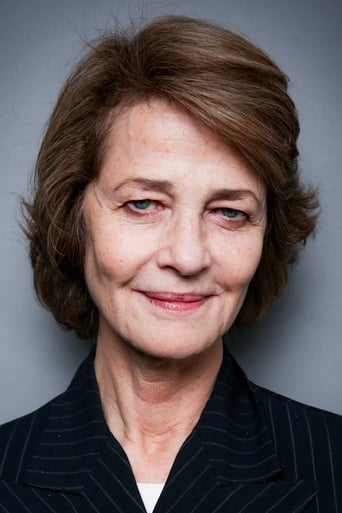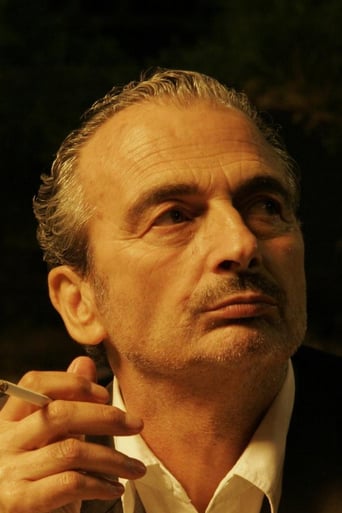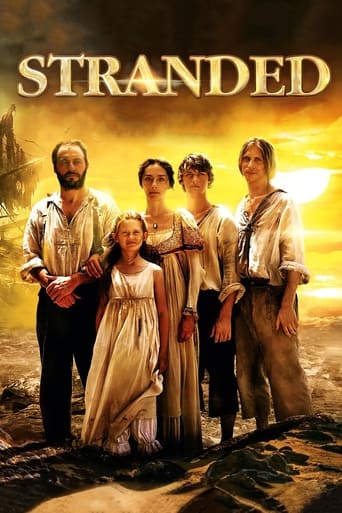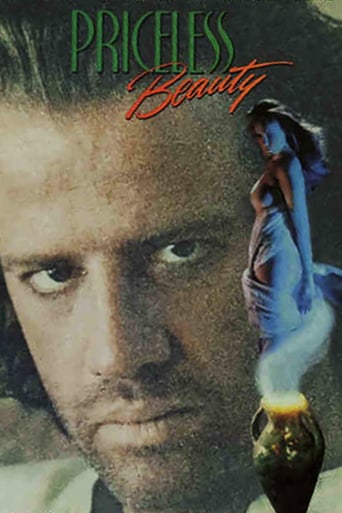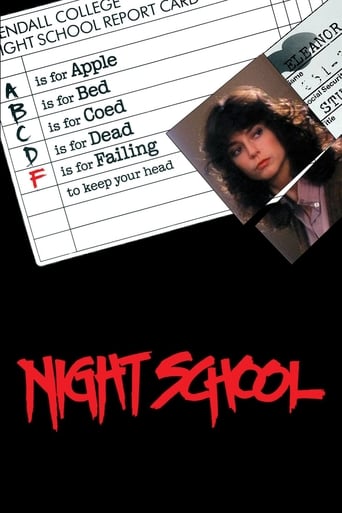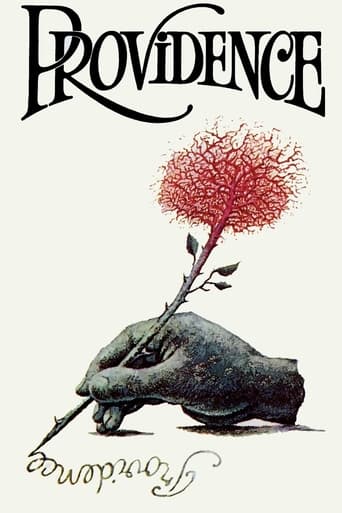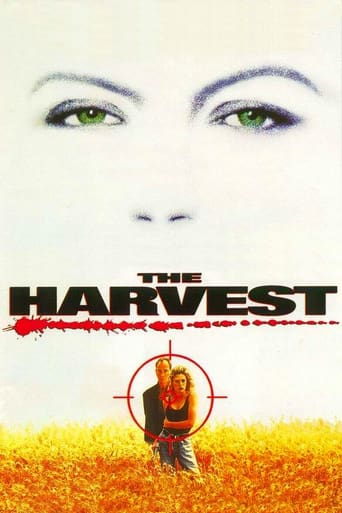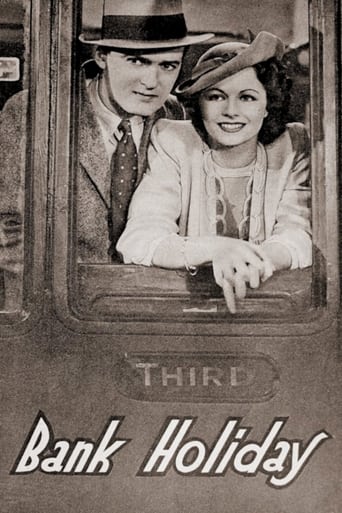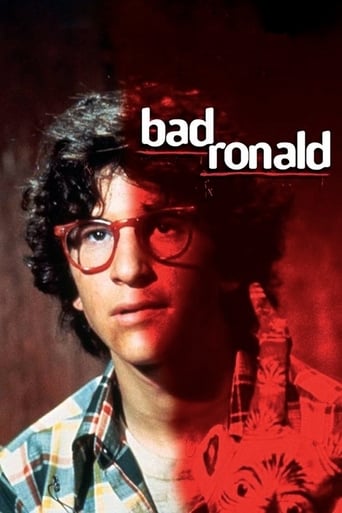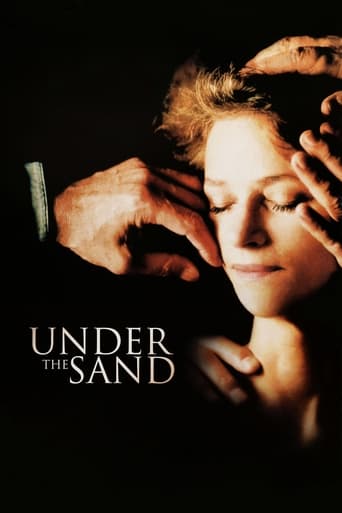
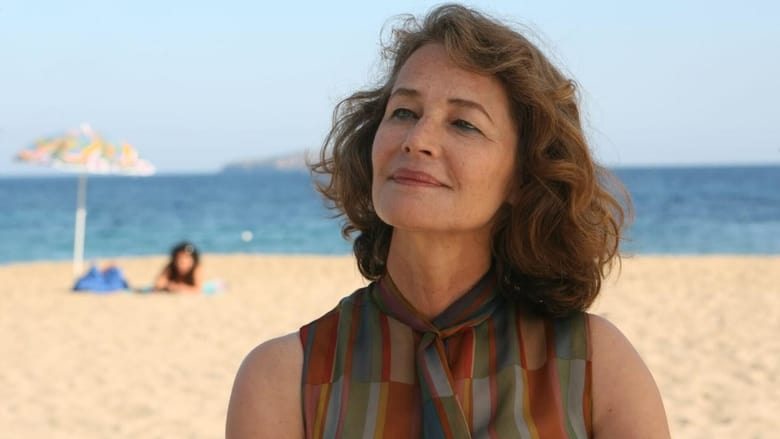
Under the Sand (2001)
When her husband goes missing at the beach, a female professor begins to mentally disintegrate as her denial of his disappearance becomes delusional.
Watch Trailer
Cast


Similar titles
Reviews
Sorry, this movie sucks
An action-packed slog
This is a gorgeous movie made by a gorgeous spirit.
One of the best movies of the year! Incredible from the beginning to the end.
This is a mature, thoughtful study of the games we play with ourselves to make it through the day; a walk through loss and denial. The acting is simple and superb throughout.Rampling gets deserved praise for this role, but Bruno Cremer as her husband has perhaps the most difficult role to tread, it's a fine line done marvelously.Ozon is one of my favorite Directors. His work is always thought provoking, risky, and willing to explore the dark corners to bring fullness to the life of his characters. Some of Ozon's work is bright and campy. His other mode is quiet and serious. This is one of his most serious, and one of the best.
I just saw this movie this afternoon and really enjoyed it. Was anyone else taken back a little by the change from French to English and then back to French without any notice. The first time it happened, I was very surprised. Why do you think that was done? I don't see any purpose The only time, it made sense to me was when she was teaching and reading from an English novel, otherwise, it didn't make sense in other places. Any comment? Excellent movie, I will recommend it to friends and try to see a few more Charlotte Rampling movies. It is a snowy day here and so this movie went very well with our weather. Can anyone recommend any other Charlotte Rampling movies? I would definitely like to see something else that she has starred in. Does she do both French and British movies?
"Under The Sand (Sous le sable)" is a cross between Bergman/Ullman's "Faithless (Trolösa)," for its humorless look at a middle-aged, comfortable marriage, and "Truly, Madly, Deeply" for how not to deal with an unplanned break-up.Charlotte Rampling's face and body language are wonderfully expressive, as she alternates between facing reality and basking in fantasy, and in French and English.While it's always interesting to be a movie tourist inside middle-class Parisian apartments, we don't really get much insight into individuals or relationships.It's just sad.(originally written 5/20/2001)
The Psychologist Elizabeth Kubler-Ross highlights five stages of the typical mourning process: denial and isolation, anger, bargaining, depression and acceptance. It is clear to see that Marie does not follow this process. And although she clearly expresses denial, her denial is not shrouded in isolation. This is first shown in the dinner party scene as she discusses Jean flippantly and in the present tense, Ozon using a study of Marie's friends' reactions to show that something is not right. This runs contrary to the writings of both Freud and Kubler-Ross, who observe the social withdrawal of those in self-denial, as if the only way to maintain the mourner's alternative reality is to cut him or her from all outside factors which have the potential of ruining the fantasy. This scene is difficult to watch due to Marie's matter-of-fact delivery with no hint of melancholy, and the friends' inability to confront Marie or force the issue of Jean's death.Marie's grief seems to be marked as atypical by her willingness to face these outside factors, which comes across as almost stubborn rather than genuinely self-deluding. Under normal circumstances, such a high level of social interaction would appear to lead to a greater sense of reality for the bereaved. However, Marie is armed with several defence mechanisms which she uses when directly confronted with her true situation. In the first instance, when confronted by Amanda after the dinner party and after a lecture, Marie uses changes in language to switch the tone of the conversation. It seems that she can feel more comfortable and isolated when speaking in English, and perhaps she was able to use the same technique before Jean's disappearance to exert her own individuality within her marriage. This use of language draws certain comparisons to isolationist behaviour seen in psychological studies of grief and bereavement, for example Colin Murray Parkes' elusion to "the widow who spoke in a whisper for fear of making reality too real".Later in the film, as Marie's defences begin to get breached, she resorts to both anger and insults in order to keep her personal reality from being destroyed.. she transcends her calm veneer for the first time when confronted about Jean by Vincent, and when confronted by her mother-in-law she resorts to petty insults. This series of reactions seems to come to a head when she returns to Lit-et-Mix to face the final reality of her husband's death. Having seemingly run out of ways to deny her situation, Marie breaks into laughter. This can be read either as a confirmation of Marie's descent into madness or as a prelude to her final moment of acceptance as played out on the beach in the final scene.Despite these deviations from established psychological writings, Marie's behaviour does in part correspond to some of Freud's theories as set out in "Mourning and Melancholia", in particular when he describes mourning as the process of "reality-testing"6. Marie's actions can be seen as a way for her to examine her new emotions and social surroundings since the loss of Jean. In fact, the film could be seen as a study in the way in which Marie explores several alternative realities: the awkwardness of her fledgling relationship with Vincent displays her hesitation in leaving her personal reality of a monogamous life with Jean, as if she is performing experiments on herself, constantly testing the limits of the world she has conjured around herself. This is expressed visually by Ozon in studying Marie's physicality, the way in which she interacts physically with her surroundings. The most explicit "reality-testing" scene occurs when Marie is lying on her bed and is caressed by six hands, those of Jean, Vincent and herself: It can be seen almost as the transition sequence between two of her realities. Ozon also frequently uses reflections of Marie's face in order to convey the idea of her physicality, literally highlighting the reflective nature of her self-discovery: in order to truly recover from the loss of her husband she must re-identify herself, perhaps also coming to terms with her own mortality, the subject of which is most explicitly conveyed in her conversation with Vincent about Virginia Woolf. It is also hinted at during her conversation with her mother-in-law: the two of them trading insults over who will be the first to end up in a psychiatric home, while Ozon makes studies of the mother-in-law's aging features. The scene in which Marie passes out when seeing a cemetery could be seen as a reaction to Jean's death, but could equally be interpreted as her reaction to her own mortality.However, despite these references to the psychology of loss and bereavement, Ozon's film cannot simply be read in this way. The film is as much about life as it is about death. In a way, the presumed death of Jean runs merely as a sub-plot in the story of Marie's self-discovery. The essence of the film is clearly based around Charlotte Rampling's central performance, which remains ambiguous but powerful throughout, reflecting complex ideas about attachment and loss, and leaving behind several unanswered questions over the reasons for her actions as well as what results from them. Ultimately, Ozon's film is intended to remain open-ended, as displayed in the final scene where Marie runs towards a mystery man, perhaps reflecting the ambiguous nature of life and death in a secular society in which death is no longer associated with notions of an afterlife or ritualistic coping mechanisms intrinsic in Christian interpretations of mortality.


